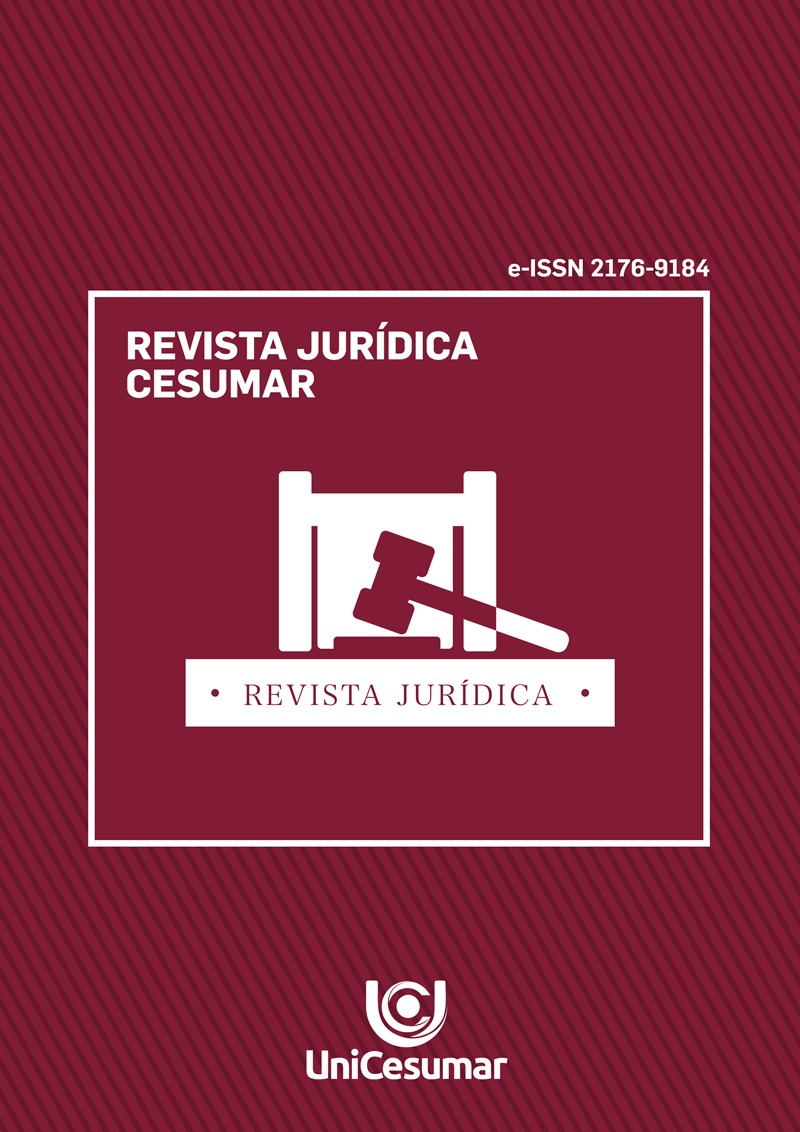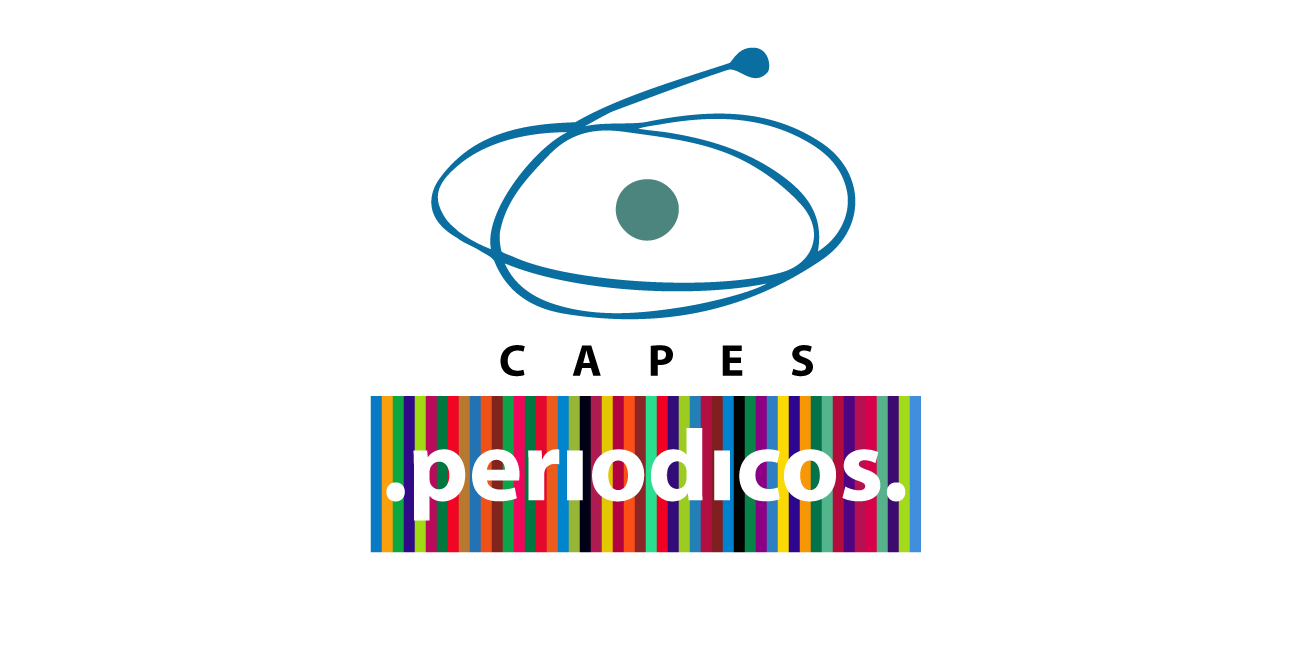The principle “The judge knows the law” as an epistemological barrier to the correct decision
DOI:
https://doi.org/10.17765/2176-9184.2024v24n1.e12137Keywords:
judicial decision, knowledge, integrity, rightAbstract
This paper criticizes the idea rooted in the current Brazilian legal culture that the judge knows the law, and this idea is even treated as a principle of the process. The Brazilian proceduralists are rooted in this conviction. But, instead of assuming it in an uncritical way, it tries to show that this idea, instead of collaborating for the improvement of the judicial activity, contributes in the opposite way, supporting decisions that are often divorced from what determines the law and even distant from what the parties to the process intend and how much the evidence reveals. This idea is very much in tune with the positivist theses of Kelsen and Hart, dissociating from what Dworkin defends regarding the integrity of law. Yes, because, in the conclusions of the positivists, the judge is given a wide field to decide according to personal convictions, which generates the so-called solipsistic decisions. Thus, there is a proposal to review this principle or, at least, its mitigation, so that instead of treating the judge and his decisions as immaculate, demanding that judicial decisions be based on the law, be based on valid legal arguments, after a broad and sincere debate with the parties to the process. With this critical perspective in mind, there would be greater rigor in the decision-making act, contributing to an integral treatment of the law, which must be one, before and after the judicial decision. The article used the analytical-deductive method and was guided by bibliographical research.References
BACHELARD, Gaston. A formação do espírito científico: contribuição para uma psicanálise do conhecimento, Tradução de Estela dos Santos Abreu, Rio de Janeiro: Contraponto, 1.996.
BOBBIO, Norberto. Direito e Estado no Pensamento de Immanuel Kant. São Paulo: Mandarim, 2000.
DWORKIN, Ronald, Levando os direitos a sério. Tradução de Nelson Barbosa, São Paulo: Martins fontes, 2017,.
DWORKIN, Ronald. O império do direito. Tradução de Jeferson Luiz Camargo, São Paulo, Martins Fontes, 2.007.
JANEIRA, Ana Luísa. Ruptura epistemológica, corte epistemológico e ciência. Análise social. N° 35-36, 1972. pp. 629 – 643. Disponível: em :https://analisesocial.ics.ul.pt/documentos/1224260984P0tKE6sa0Ch37TP8.pdf. acesso em 20-03-2.022.
HART, Herbert. L. A. O conceito de direito. Tradução de A. Ribeiro Mendes. Lisboa: Fundação Calouste Gulbenkian, 3ª Edição, 1.994.
KANT, Imannuel. A metafísica dos costumes. São Paulo: Edipro, 2008.
KELSEN, Hans. Teoria Pura do Direito. Tradução Dr. João Batista Machado, São Paulo: Martins Fontes, 1976.
MADEIRA, Dhenis Cruz. O que é solipsismo judicial. Revista Jurídica da Presidência, Brasília, v. 22, n. 126, p. 191-210, 28 maio 2020. Biblioteca da Presidência da República. Disponível em: https://revistajuridica.presidencia.gov.br/index.php/saj/article/view/1916. Acesso em: 19 abr. 2021.
OST, François. O tempo do direito: Tradução de Élcio Fernandes, São Paulo: Editora do Sagrado Coração-EDUSC, 2.005.
REALE, Miguel. Filosofia do Direito. São Paulo: Saraiva, 17ª edição, 1996.
STRECK, Lênio. Hermenêutica Jurídica e(em) Crise: uma exploração hermenêutica da construção do direito. Porto Alegre: 2021.
BOBBIO, Norberto. Direito e Estado no Pensamento de Immanuel Kant. São Paulo: Mandarim, 2000.
DWORKIN, Ronald, Levando os direitos a sério. Tradução de Nelson Barbosa, São Paulo: Martins fontes, 2017,.
DWORKIN, Ronald. O império do direito. Tradução de Jeferson Luiz Camargo, São Paulo, Martins Fontes, 2.007.
JANEIRA, Ana Luísa. Ruptura epistemológica, corte epistemológico e ciência. Análise social. N° 35-36, 1972. pp. 629 – 643. Disponível: em :https://analisesocial.ics.ul.pt/documentos/1224260984P0tKE6sa0Ch37TP8.pdf. acesso em 20-03-2.022.
HART, Herbert. L. A. O conceito de direito. Tradução de A. Ribeiro Mendes. Lisboa: Fundação Calouste Gulbenkian, 3ª Edição, 1.994.
KANT, Imannuel. A metafísica dos costumes. São Paulo: Edipro, 2008.
KELSEN, Hans. Teoria Pura do Direito. Tradução Dr. João Batista Machado, São Paulo: Martins Fontes, 1976.
MADEIRA, Dhenis Cruz. O que é solipsismo judicial. Revista Jurídica da Presidência, Brasília, v. 22, n. 126, p. 191-210, 28 maio 2020. Biblioteca da Presidência da República. Disponível em: https://revistajuridica.presidencia.gov.br/index.php/saj/article/view/1916. Acesso em: 19 abr. 2021.
OST, François. O tempo do direito: Tradução de Élcio Fernandes, São Paulo: Editora do Sagrado Coração-EDUSC, 2.005.
REALE, Miguel. Filosofia do Direito. São Paulo: Saraiva, 17ª edição, 1996.
STRECK, Lênio. Hermenêutica Jurídica e(em) Crise: uma exploração hermenêutica da construção do direito. Porto Alegre: 2021.
Downloads
Published
2024-07-02
How to Cite
Silveira, R. dos R., & Silva, J. B. (2024). The principle “The judge knows the law” as an epistemological barrier to the correct decision. Revista Jurídica Cesumar - Mestrado, 24(1), 175–186. https://doi.org/10.17765/2176-9184.2024v24n1.e12137
Issue
Section
Artigo Original
License
A Revista se reserva o direito de efetuar, nos originais, alterações de ordem normativa, ortográfica e gramatical, com o intuito de manter o padrão culto da língua, respeitando, porém, o estilo dos autores. As opiniões emitidas pelos autores são de sua exclusiva responsabilidade.
Os direitos autorais pertencem exclusivamente aos autores. Os direitos de licenciamento utilizado pelo periódico é a licença Commons Atribuição 4.0 Internacional. São permitidos o compartilhamento (cópia e distribuição do material em qualquer meio ou formato) e adaptação (remixar, transformar, e criar a partir do trabalho, mesmo para fins comerciais), desde que lhe atribuam o devido crédito pela criação original.

















